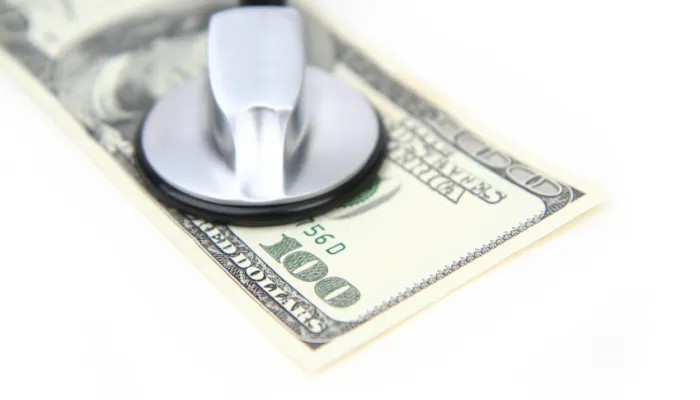CBO: Drug Importation Saves $1 Billion Per Year
A recently overlooked part of the health reform debate has been how to control rising costs. One way to do so would be to lower the price of prescription drugs, one of the largest contributors to higher health spending. There appears to be efforts on both sides of the aisle to tackle rising drug prices – from both Congress and the Administration.
Earlier this week, the Congressional Budget Office (CBO) released an estimate of the savings from Senate Budget Committee Ranking Member Bernie Sanders’s (I-VT) legislation, the Affordable and Safe Prescription Drug Act. Designed to lower drug costs, the legislation would allow qualifying prescriptions to be imported from Food and Drug Administration (FDA) approved, licensed sellers from Canada. It would also create a process to get importation approved from licensees in other Organisation for Economic Co-operation and Development (OECD) countries. The bill, which has 19 additional co-sponsors and companion legislation introduced in the House of Representatives, would save about $7 billion over the next decade and $1 billion to $1.5 billion annually once fully implemented.
Senator Sanders’s legislation take advantage of the lower cost of prescription drugs in Canada and the rest of the OECD countries. Currently, the United States spends 38 percent per person more than Canada on prescription medications, which is also more than any other industrialized country. Allowing consumers to purchase safe prescription drugs at lower prices from Canada would help the pocketbooks of Americans and help reduce the high health care costs the United States faces.
That legislation is not the only recent push to temper rising drug prices. In June, FDA Commissioner Scott Gottlieb announced that that FDA will work to resolve issues with brand-name firms restricting access to their products to delay the drug approval process – also known as “pay-for-delay” – in turn delaying savings for individuals and the government. By fixing these barriers to the drug market, the FDA hopes to create greater competition and drive down drug prices. According to FDA, from 2005-2014 competition from generic drugs has saved the government $1.67 trillion dollars with notable savings in the Medicaid and Medicare programs.
Tackling prescription drug prices through importation and encouraging the use of generic drugs are two of the many ways the U.S. could slow health spending growth. Other ideas, such as expanding Medicare and Medicaid drug rebate programs and facilitating faster introduction of generic drugs would help promote competition to drive down prices. Changing drug reimbursement policies and modifying cost sharing would encourage the purchase and use of lower cost drugs. These policies could also be effective in helping control cost growth and should be pursued in tandem.

